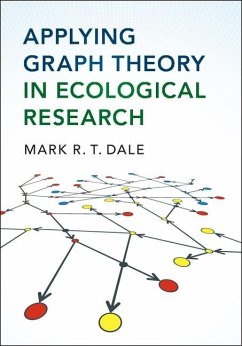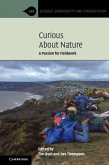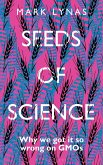Graph theory can be applied to ecological questions in many ways, and more insights can be gained by expanding the range of graph theoretical concepts applied to a specific system. But how do you know which methods might be used? And what do you do with the graph once it has been obtained? This book provides a broad introduction to the application of graph theory in different ecological systems, providing practical guidance for researchers in ecology and related fields. Readers are guided through the creation of an appropriate graph for the system being studied, including the application of spatial, spatio-temporal, and more abstract structural process graphs. Simple figures accompany the explanations to add clarity, and a broad range of ecological phenomena from many ecological systems are covered. This is the ideal book for graduate students and researchers looking to apply graph theoretical methods in their work.
Dieser Download kann aus rechtlichen Gründen nur mit Rechnungsadresse in A, B, BG, CY, CZ, D, DK, EW, E, FIN, F, GR, HR, H, IRL, I, LT, L, LR, M, NL, PL, P, R, S, SLO, SK ausgeliefert werden.









